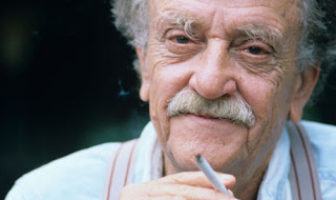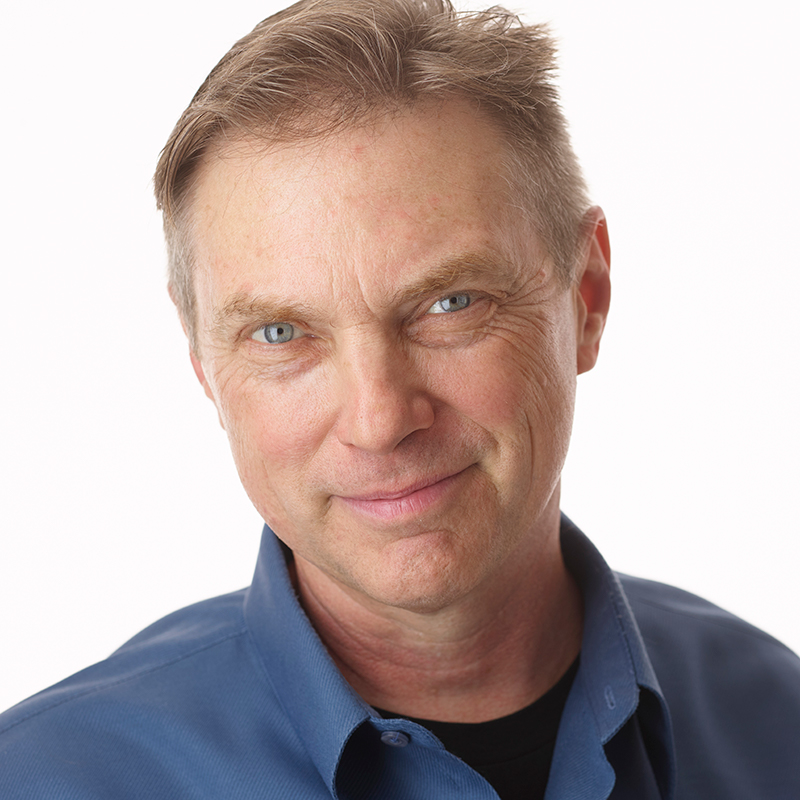Using Questions to SHIFT your FOCUS; plus Coaching vs Consulting
The Power of Questions to SHIFT your FOCUS
The Summer is unofficially over and many are not sorry to see it go.
Record heat, in some areas, and a crushing drought has certainly been the major headline for much of the United States.
It’s challenging, isn’t it, to think of things like NLP and Hypnosis training as being all that important when the crops are withering in the fields.
Of course, for most of us reading this, the drought might cause higher prices for our daily feasting, but it is not likely to cause us much direct hardship.
We are fortunate people, are we not?
It’s all relative, of course.
Compared to people like Bill Gates, most of us are quite poor.
And yet, compared to probably 90%+ of the world’s population, most of us reading this are absurdly wealthy.
I guess it boils down to what are you choosing to focus upon.
I remember the time years ago I totaled my car in a rainstorm and everyone telling me how lucky I was that I walked away unharmed. Funny, all I could think about was how UN-lucky I was to have totaled my car.
SHIFTING FOCUS
I’ve found that the quickest and most effective way to change what it is you are focusing upon is to change the QUESTION you are asking yourself. If, in a crummy situation like my car crash, I asked myself a question like, “What’s good about this?” My brain would have done a search for and sorted by what’s good about it. Your brain, basically, is a question-answering device, and if you ask it good questions, you get good answers. If you don’t you don’t.
Unfortunately most of us ask habitual questions in problem situations. Like “Why me?” or “What did I do to deserve this?” These habitual questions give us, of course, the same old answers. And, in spite of the fact that the answers may be completely silly, we sometimes believe not out of logic or rationality, but simply because we’re heard it so often we believe it.
Tony Robbins’s list of five “Problem Solving Questions” are brilliant for helping us to shift our focus in exactly this sort of scenario.
Use these, instead, the next time you find yourself in a situation that would warrent it.
Here there are:
1. What’s good or great about this problem or this situation
1. What’s not perfect yet? (notice the word “yet.”)
1. What am I willing to do to make it the way I want it?
1. What am I willing to NOT do to make it the way I want it?
1. How can I enjoy the process (of doing or not doing the things necessary to make it the way I want it?
Coaching vs Therapy vs Consulting
It is my opinion that the term “Coaching” has become so widespread with so many different meanings of the word that it renders it almost meaningless.
The field of Coaching is such a Wild West frontier currently where it seems that everyone and his dog is a Coach. And, while there may be some good schools of coaching out there, I don’t know how ANYBODY can really be effective as a Coach without having a firm grounding in NLP. I’m not saying that you have to be an expert per se. You don’t even have to go through an entire NLP Practitioner Certification Class, much less a Master Practitioner, but some of these skills are SO BASIC and SO ESSENTIAL, I can’t help but feel that a “coach” who doesn’t know them is really cheating his or her clients. This is why I’ve created a new class I’ll tell you about in a minute.
SO WHAT IS LIFE COACHING?
Now, that is a good question and one that merits examining.
It might be a slight exaggeration to say that the field of Coaching was singlehandedly created by Thomas Leonard but if anyone deserves the credit, he does. Thomas J. Leonard (July 31, 1955 – February 11, 2003) founded Coach University in 1992, the International Coach Federation in 1994, and Coachville in 2000. He wrote 28 personal and professional development programs, and authored 6 coach-related books since 1998.
That said, he didn’t invent the word coach. Sports coaches, acting coaches, voice coaches, are just a few of the many examples where the terms coach or coaching was used and clearly understood. So it is fair to appreciate that others could have come to using the term in their own way.
I was a Master Trainer with Tony Robbins back when he first started to describe himself as a coach in an effort to differentiate himself from therapists. Back in those days, when you used an NLP technique with a person, like if you did the fast phobia cure with someone, it was commonly referred to as NLP Therapy. However, NLP practitioners disparaged traditional therapy, so nobody wanted to be called a therapist. The word “coaching” didn’t really fit because number 1., they still did exactly the same NLP techniques, number 2.,”therapy” described it pretty accurately, and number 3., the term “coaching” was mostly thought of as sports coaching then, so the term really didn’t catch on very quickly. In the years that followed, as Thomas Leonard’s “Life Coaching” via Coach U became more widely known, the term “coaching” seemed to fit better as an alternative to “therapy” and more and more people started using them interchangeably. Unfortunately, this had the result of muddying the meaning of the word coaching in the general population.
OK – BACK TO COACHING vs CONSULTING vs THERAPY
So this is what I understand the distinctions between these three disciplines:
FIrst, Coaching is done almost exclusively over the phone… unless it’s not. But even if it is done in person, it has the quality of a conversation. The Coach and the Client are engaging in a discussion more as equals putting their heads together to create movement, rather than as the expert dispensing wisdom to the novice. In both consulting and therapy the paradigm is that the hired professional is an expert who has the answers and can use his or her expertise to help fix a problem in the client’s situation or in the client himself.
Second, Coaching is an ongoing conversation. Therapy can also be long term, of course, but it is generally understood that there is a problem that needs to get fixed. The work then is focused on fixing the problem and, when the problem is fixed, the therapy is over. Consulting is usually pretty much the same, isn’t it? The consultant is brought into a business to address a particular problem and when that’s fixed, the consultant’s work is done. Coaching recognizes that, just like top athletes have coaches even at the top of their game, top producers also need ongoing support and fine-tuning of what got them there. It is not that there is a problem to be fixed, it is just that there is that next level to be reached and motivation to be honed.
Third, Coaching can be content free. Unlike consulting, a coach doesn’t need to understand the ins and outs of your business. If I were to consult on your business, I better darn well know everything about your business having been there before myself. If I’m going to consult on pig farming, I better know my way around the pen. If I were to consult on your web marketing business I better have earned a few million myself on the web. When I coach you, I don’t need to know your business. I’m there to coach YOU. You know your business; you just need to DO what you know to do. That’s where coaching comes in.
……………………………………………………………………………………
Essential NLP Skills for Coaches
This class is designed to give professional Life Coaches the profoundly effective NLP communication tools they may be missing.
If you are a coach or are considering joining this lucrative field, these are skills that will streamline your work and create maximal effectiveness for you with your clients, thus increasing the demand for your services in the marketplace.
It is three weekends over three months.
September 22nd and 23rd, October 20th and 21st, November 17th and 18th
CLICK HERE to read more about it: HERE, and come join us.
You’ll be glad you did.
That link is to the Training Page of this web site: https://ericksonian.com/?page_id=16
Essential NLP Skills for Coaches will be co-presented by myself and David Parke. David is a Board Certified Coach with the Center for Credentialing and Education and an ICBCH Coach Trainer. In addition to being an NLP Master Practitioner he has studied Strategic Intervention through Robbins-Madanes Center for Strategic Intervention. He wrote the book “Coach with Courage” and mentors coaches for skill development. David is also an army Special Forces veteran who served in the Middle East.
I, myself, was certified in Coaching back in 1993 by Thomas Leonard, considered by many to be the father of life coaching. I met Thomas at a conference where we both were speakers. I was giving a class on how to deliver a motivational seminar and Thomas was speaking about this new thing he’d made up he was calling “Coaching.” I remember sitting with him in the back room of this conference and discussing what he meant by it. I confess it seemed kind of wacky to me. I didn’t think anybody would ever pay for a service like that, but he was such an interesting guy I decided to throw caution to the wind and sign up for his next telephone class. I believe he called it “Coaching 1, 2, 3.” I still have the micro cassettes of the classes because I recorded them on my answering machine.
This is how it came to pass that I became a very early adopter of Thomas Leonard’s Coaching methods, although it would be a few years before I actually began Coaching as a Profession.
I am also an NLP Master Trainer.
Again, that’s three weekends over three months,
September 22nd and 23rd, October 20th and 21st, November 17th and 18th
CLICK on the link: HERE, to read more about it and come join us.





 Download Doug O’Brien’s paper,
“Be your Best with Self Hypnosis”
Download Doug O’Brien’s paper,
“Be your Best with Self Hypnosis”